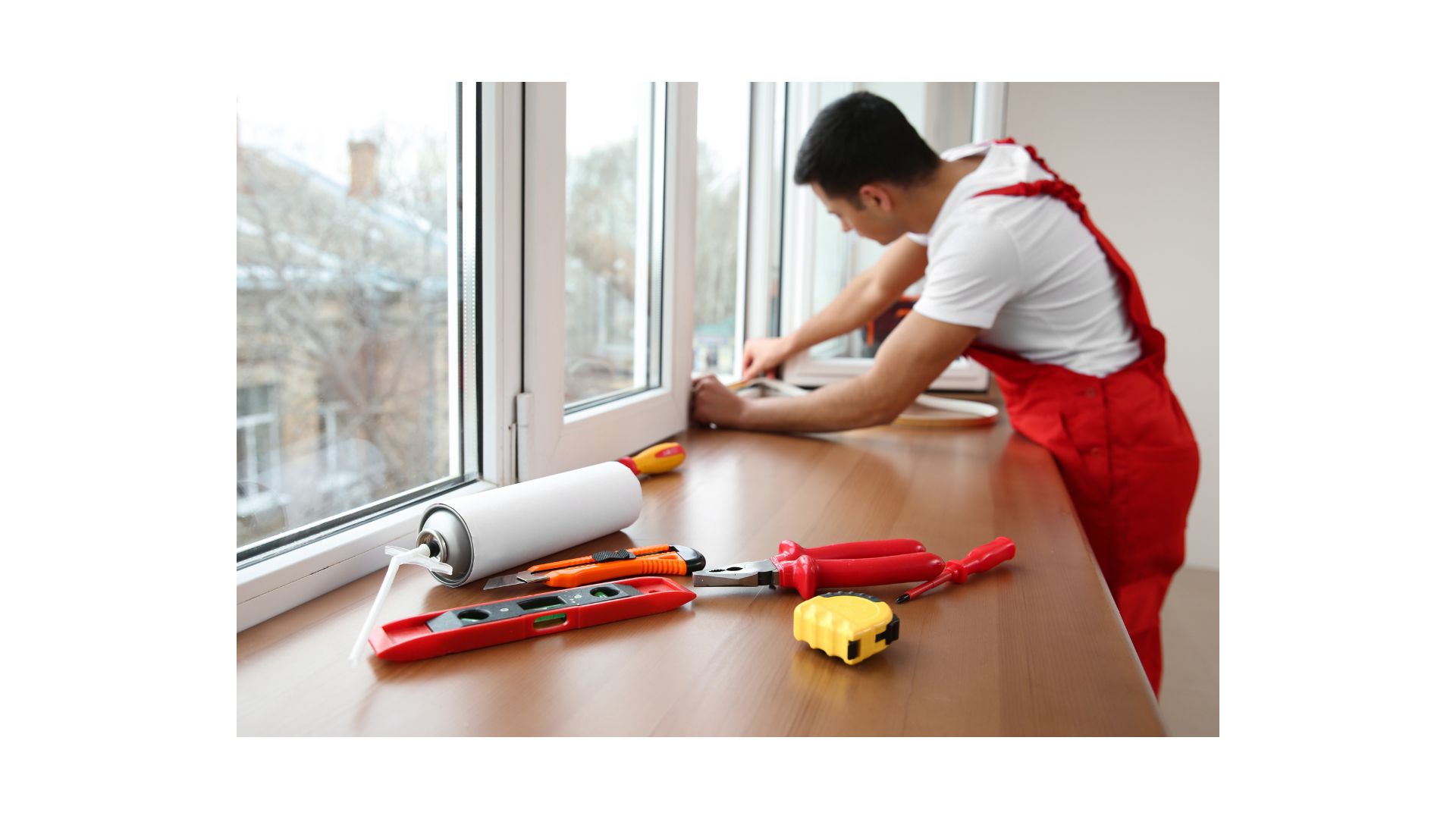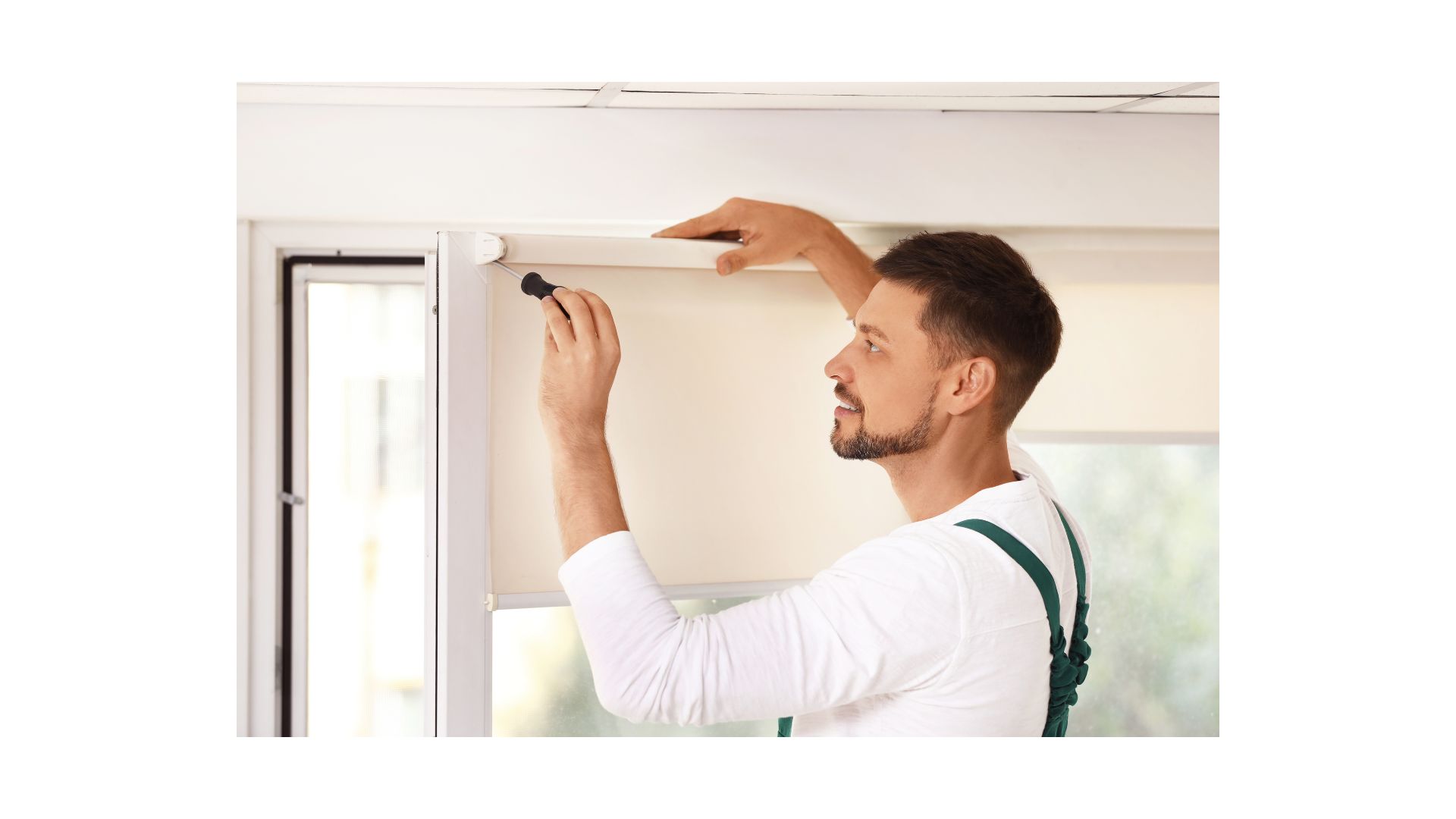
A Comprehensive Guide to Choosing Replacement Windows
Welcome to our comprehensive guide to choosing replacement windows! Whether you’re renovating your home or simply looking to upgrade your current windows, this guide is here to provide you with all the information you need to make an informed decision. Windows play a crucial role in enhancing the aesthetic appeal, energy efficiency, and overall comfort of your home. With a wide variety of options available in the market, selecting the right replacement windows can be a daunting task. In this guide, we’ll walk you through everything you need to consider when choosing replacement windows, including materials, styles, energy efficiency ratings, and installation techniques. We’ll also discuss the importance of proper measurements and budgeting to ensure that you select windows that meet your specific needs and preferences. By the end of this guide, you’ll be equipped with the knowledge and confidence to make the best choice for your home. Let’s embark on this journey to find the perfect replacement windows together!
How to Choose Energy-Efficient Replacement Windows
Are you looking to upgrade your home with replacement windows that not only enhance its aesthetics but also improve energy efficiency? Choosing the right energy-efficient windows can significantly impact your home’s comfort, reduce energy bills, and contribute to a more sustainable environment. In this comprehensive guide, we’ll walk you through the essential factors to consider when selecting energy-efficient replacement windows.
- Understanding Energy Efficiency Ratings: Before diving into window selection, it’s crucial to understand the various energy efficiency ratings and what they signify: U-Factor: This measures the rate of heat transfer through the window. Lower U-factor values indicate better insulation. Solar Heat Gain Coefficient (SHGC): SHGC measures the amount of solar heat that passes through the window. Lower SHGC values are preferable in warm climates to reduce cooling costs. Visible Transmittance (VT): VT measures the amount of visible light that passes through the window. Higher VT values mean more natural light. Air Leakage (AL): AL indicates how much air can pass through the window. Lower AL values suggest better air tightness. Understanding these ratings will help you choose windows that align with your energy efficiency goals and climate requirements.
- Selecting the Right Frame Material: The frame material plays a significant role in the energy efficiency and durability of replacement windows. Here’s an overview of common frame materials: Vinyl: Vinyl windows are popular for their affordability, low maintenance, and good insulation properties. Look for vinyl windows with multiple chambers and insulated frames for enhanced energy efficiency. Wood: Wood windows offer natural beauty and excellent insulation but require regular maintenance to prevent rot and decay. Aluminum: Aluminum frames are strong and durable but conductive, making them less energy efficient unless equipped with thermal breaks or insulated cores. Fiberglass: Fiberglass windows offer high strength, low maintenance, and superior insulation properties, making them an ideal choice for energy-efficient windows.
- Evaluating Glass Options: The type of glass used in replacement windows significantly impacts energy efficiency. Here are some glass options to consider: Double or Triple Glazing: Multiple layers of glass with insulating gas fillings (such as argon or krypton) provide better insulation and reduce heat transfer. Low-E Coatings: Low-emissivity coatings are applied to the glass surface to reflect infrared light and reduce heat transfer, improving energy efficiency. Tinted or Reflective Glass: Tinted or reflective glass can reduce solar heat gain and UV radiation, improving comfort and protecting furnishings from fading.
- Seeking ENERGY STAR Certification: ENERGY STAR is a trusted certification program that identifies energy-efficient products, including replacement windows. Look for windows with the ENERGY STAR label, which indicates that they meet or exceed strict energy efficiency standards set by the Environmental Protection Agency (EPA). ENERGY STAR-certified windows undergo independent testing and verification, ensuring they perform efficiently in various climate conditions.
- Considering Climate and Orientation: The climate and orientation of your home influence the most suitable window options for energy efficiency. Consider the following factors: Cold Climates: Prioritize windows with low U-factors to minimize heat loss. Triple-pane windows with gas fills offer superior insulation in colder climates. Hot Climates: Focus on windows with low SHGC values to reduce solar heat gain and cooling costs. Tinted or reflective glass can help block excess sunlight. North-Facing Windows: These windows receive less direct sunlight and may benefit from higher SHGC values to maximize solar heat gain in colder climates. South-Facing Windows: These windows receive more sunlight and may require lower SHGC values to prevent overheating in hot climates.
A Step-by-Step Guide to Replacement Windows Selection
Are you considering replacing the windows in your home but feeling overwhelmed by the multitude of options available? Don’t worry; you’re not alone. Choosing replacement windows can be a significant decision, impacting your home’s aesthetics, energy efficiency, and comfort. To help you navigate through this process with confidence, we’ve created a step-by-step guide to understanding your needs and selecting the perfect replacement windows for your home.

Assess Your Current Windows
Start by assessing the condition of your current windows. Are they drafty? Do they let in excessive noise? Are they difficult to open or close? Understanding the shortcomings of your existing windows will help you prioritize your needs for replacement. Take note of any specific issues you want to address with new windows.
Determine Your Goals and Priorities
Next, identify your goals and priorities for replacement windows. Are you primarily concerned about improving energy efficiency? Do you want to enhance the curb appeal of your home? Are security features a top priority? By clarifying your objectives, you can narrow down your options and focus on features that align with your goals.
Consider Your Budget
Replacement windows come in a wide range of prices, so it’s essential to establish a budget early in the process. Determine how much you’re willing to invest in new windows and consider factors such as long-term energy savings and potential resale value when setting your budget. Keep in mind that higher-quality windows may offer better performance and durability, potentially saving you money in the long run.
Evaluate Energy Efficiency Options
Energy efficiency is a crucial consideration for replacement windows, especially if you’re looking to reduce heating and cooling costs. Explore features such as Low-E coatings, multiple glazing layers, and insulated frames that can improve the energy performance of your windows. Look for windows with ENERGY STAR certification, which indicates they meet strict energy efficiency standards set by the Environmental Protection Agency (EPA).
Explore Different Window Styles
Window style can have a significant impact on both the aesthetics and functionality of your home. Consider various options, such as double-hung, casement, sliding, or bay windows, and think about how each style complements your home’s architecture and interior design. Keep in mind factors like ventilation, natural light, and ease of operation when selecting a window style.
Conclusion
Selecting replacement windows is a crucial decision for homeowners seeking to enhance their property’s aesthetics, energy efficiency, and overall value. Through a comprehensive guide like the one provided by Charleston Property Restoration, individuals can navigate this process with confidence. With attention to factors such as style, material, energy efficiency ratings, and professional installation services, homeowners in Charleston, West Virginia, and beyond can make informed choices that suit their specific needs. By reaching out to Charleston Property Restoration at (304) 964-2275, residents can embark on a journey towards transforming their homes with high-quality replacement windows, ultimately elevating both functionality and curb appeal.


Write a Comment